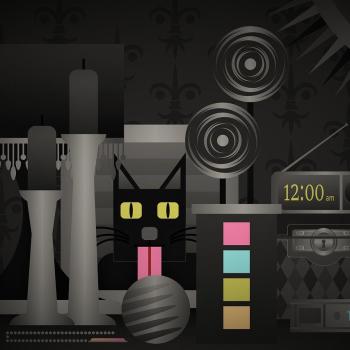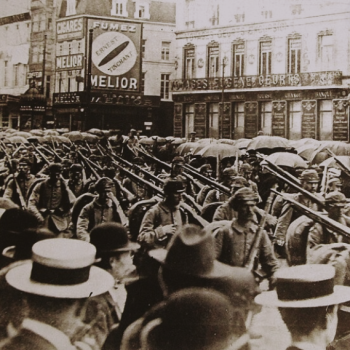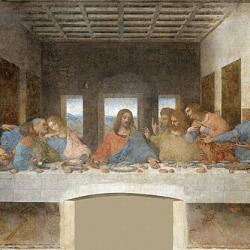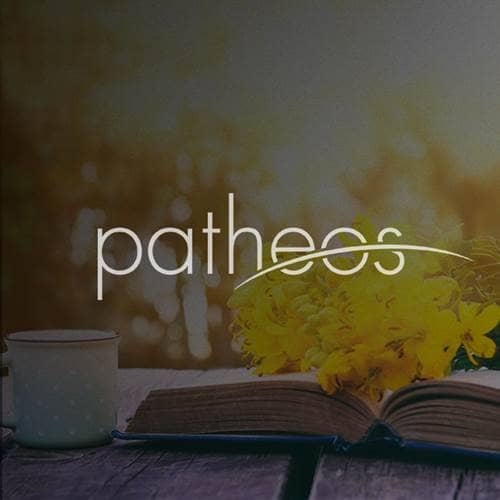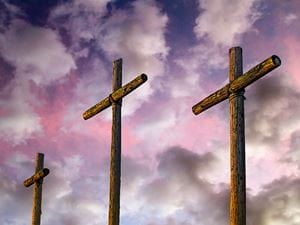
Easter is the celebration of Jesus Christ’s resurrection from the dead. Christians believe that Jesus of Nazareth was the Son of God and the Messiah. He is the Son in the Trinity of the Father, Son, and Holy Spirit, as well as the main character in the stories found in the four Gospels in the Christian Bible. Additionally, Christians interpret the various prophecies of the Old Testament as referring to Jesus. Christians hold that many of the Old Testament prophecies predicted the coming of Jesus and that he fulfilled the most important prophecies of the Old Testament.
Arguably the most important and distinctive story in all of Christianity is the story of Jesus’s death and resurrection. More material in each gospel is dedicated to the last week of Jesus’s life than to any other single topic. According to the scriptures and external historical records, Pontius Pilate, the Roman governor, sentenced Jesus of Nazareth to be executed via crucifixion. The sentence was carried out, and Jesus was pronounced dead. Three days later, Jesus rose from the dead and reappeared to his followers. The anniversary of his resurrection is what Christians celebrate at Easter.
According to Christian thought, the first Easter was the single most important day in human history. When Jesus Christ rose from the dead, a new creation began, one that reversed Adam and Eve’s fall in the Garden of Eden and initiated a new way of relating to God and to the world. Christians teach that through his death and resurrection, Jesus released God’s forgiving power, defeated the spiritual forces of evil, and conquered death (Colossians 2.13-15). Celebrating Easter gives Christians a way to remember this central event and to rekindle their own faith and hope.
All Christians celebrate Easter Sunday, but different traditions may commemorate the event on different days. The Orthodox communities use the Julian calendar while the Roman Catholics and Protestants use the Gregorian calendar. Liturgical communities may celebrate with a series of services, beginning the week before with Palm Sunday, a celebration of Jesus’s entry into Jerusalem the week before his crucifixion (Mark 11.1-11). Some offer a Thursday night service that includes a foot-washing ceremony, remembering the night that Jesus washed his disciples’ feet (John 13.1-17). The next day, Good Friday, may have several services retelling the story of Jesus’s crucifixion and burial. Some begin Easter Sunday on Saturday night after dark with a service called the Vigil. This service includes many readings from scripture, candlelight, the proclamation of the resurrection, and baptisms. Sunday morning is the great celebration of Easter, and churches are usually lavishly decorated with lilies and other flowers. Many Christians include a big feast in their own homes with family and friends.
In recent years, Easter has been commercialized and gained a secular dimension, not unlike Christmas. Stores work to associate Easter with bunnies, chicks, and eggs that are either made of plastic and filled with candy or made entirely of chocolate. Easter egg hunts and the Easter bunny have replaced the religious meaning of the holiday for many. These have no connection with the original meaning of Easter but some Christians defend the tradition by arguing that eggs, chicks, and baby bunnies all represent new life, and Christ brought new and eternal life when he was raised from the dead.
Read more about the importance of Easter and how Orthodox communities celebrate it here.
3/31/2024 5:24:37 AM
